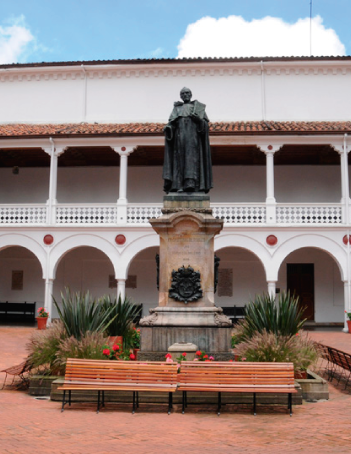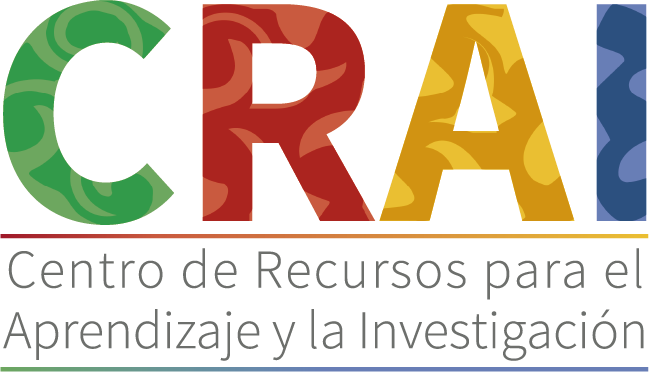Part I. Fascism and veterans after the Great War -- The Great War veterans and the origins of Fascism, 1914-1919 -- War veterans and the rise of Italian Fascism, 1920-1922 -- Part II. Fascism and veterans during the 1920s -- Veterans under fascist rule, 1923-1925 -- Veterans and fascism : consolidation and European expansion, 1925-1929 -- Part III. Fascism and veterans during the 1930s -- Transnational fascism and veterans, 1929-1935 -- Veterans between fascism and anti-fascism, war and peace, 1936-1940
"This book analyses the transnational relationship between war veterans and fascism in interwar Europe. For decades, historians have strived to explain why the European continent, only twenty years after a cataclysmic war of unprecedented murderous dimensions, became involved in a new, even more horrendous, world conflict. Although there were important democratic experiences and remarkable advances in many facets of human life, the interwar period saw the progressive demolition of the peaceful order for which many people had hoped in the wake of the Great War. While at the beginning of 1919 democracies clearly dominated Europe, by June 1940 they were the exception to the rule. This eclipse of democracy, marked by violent conflicts and civil wars, cannot be understood without placing fascism at its centre. Fascism was a product of the First World War experience, and fascism can also be considered to have triggered the Second World War. In this scenario, explaining the links between fascism and war veterans, the men who were also a direct legacy of the Great War, remains crucial"--Introduction

Escuela de administración
Facultad de Jurisprudencia
Facultad de Ciencias
Escuela de Ciencias
Escuela de Medicina
Facultad de Economía
Facultad de Estudios
Facultad de Creación
Escuela de Ingeniería,
Otras Ofertas
 Historia y símbolos
Historia y símbolos
 Enfoque estratégico
Enfoque estratégico
 Gobierno universitario
Gobierno universitario
 Playbok - Nuestros pilares de transformación
Playbok - Nuestros pilares de transformación
 Protocolo de seguridad
Protocolo de seguridad
 Archivo histórico
Archivo histórico
 Portafolio de becas, descuentos y apoyo financiero
Portafolio de becas, descuentos y apoyo financiero
 Casa UR
Casa UR






 Proyección social
Proyección social Filantropía
Filantropía Hagámoslo posible
Hagámoslo posible

 Libro
Libro







